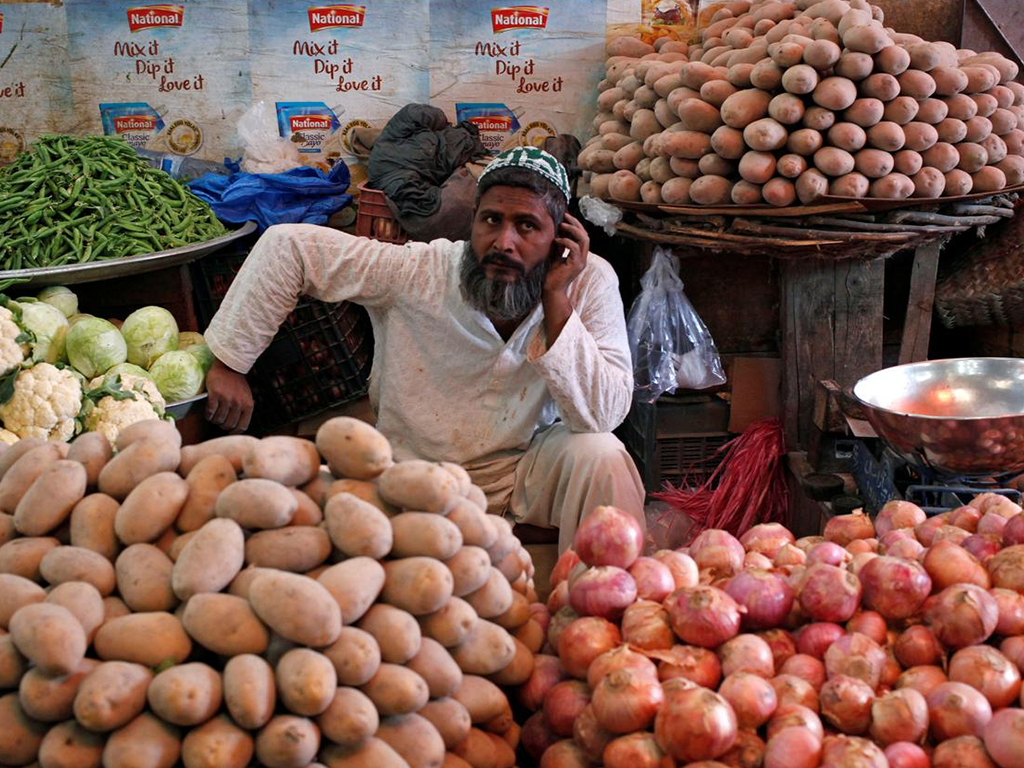Exports and inflation

Advisor to the Prime Minister on Commerce Razzak Dawood expressed optimism for a rise in exports in the current fiscal year, an optimism not backed by recent provisional data released by his ministry that indicates exports declined by 3.4 percent in January 2020 compared to January 2019. Additionally, major farm export items, notably cotton and rice, are unlikely to achieve their targets while the current IMF team is unlikely to support fiscal and monetary incentives, rebate and/or subsidised utilities for the export sector given the revenue shortfall. Additionally, the failure of the government to clear all refunds as well as its inability to provide utilities at rates competitive with regional countries is further exacerbating the plight of exporters. The government's assertion that it refunded much larger amounts to the exporters that the previous year is also not relevant because the five leading export sectors were zero-rated and hence their refunds were on paltry amounts by comparison involving most their packing material. In this context, exporters also point to the government's reneging on its earlier decision to charge industry 7.5 cents per unit of electricity and argue that this has raised the ugly spectre in markets of the government's U-turn. The government, however, contests this claim of the exporters and rightly points out that the charges, levies over and above the assured 7.5 cents per unit represent charges for previous years against which the exporters had obtained stay orders from courts that have now been vacated.
Prime Minister Imran Khan has also repeatedly expressed optimism that 2020 will be a year of growth on the back of higher productivity, a projection that is not yet backed by any visible improvement on the ground. What is a source of serious concern is that this optimism is not backed by data uploaded on the IMF website with growth projected for 2019-20 at 2.4 percent in the first quarterly review while for next fiscal year 2020-21 growth is projected at 3 percent.
However, significantly Planning and Development Minister, Asad Umar, expressed reservations over the rising inflation after his meeting with the IMF visiting team and ascribed blame on Fund conditionalities. What he did not dwell upon is the IMF insistence on full cost recovery of utility companies, a policy that must be supported, through (i) preferably improved governance indicated by a reduction in circular debt and lower reliance on borrowing/sukuk/bonds rather than (ii) on passing on the buck for sustained poor governance on the consumers through higher tariffs. The fact that our power sector continues to resist governance reforms, even though Omar Ayub claims a marked reduction in theft and losses (a contention easily challenged as there has been a rise instead of a reduction in the sector's debt) and instead is relying on raising utility rates to achieve full cost recovery, like previous administrations, has to be laid at the doorstep of the government.
Additionally, the taxes on utilities, an easy to collect levy, as well as on petroleum and its products (which contributes to food inflation as farm to market transport costs rise) is attributable not to IMF conditions but to fiscal policy as well as the decision collect tax on income primarily in the withholding mode on transactions makes it an indirect tax and becomes an element of the cost.
What is also relevant to note is that the wheat and the sugar crises, and a rise in tomato prices earlier, reflects poor judgment on the part of the Economic Coordination Committee of the Cabinet that unwisely allowed exports and imports of these commodities at a time when the obvious outcome was a massive escalation in domestic prices.
The two narratives, those of the Prime Minister, Dawood and his economic team leaders, are not at odds with those presented by Asad Umar given that the former are seeking to prop up market optimism, a critical component of economic activity (which continues to erode given the negative 6 percent growth in large-scale manufacturing sector with overtones on the significant downstream industry which operates at the level of small and medium enterprises) while Umar is externalizing the major issue facing the poor notably inflation and blaming it on IMF conditions.
It is fairly obvious that while the Prime Minister remains convinced that his economic team is taking economically appropriate decisions yet he has in recent weeks expressed concern over the rise in inflation. It must also be very disturbing and distressing for most of the members of the federal cabinet, particularly the prime minister, to note that food inflation is higher in rural areas than in urban centres, which is mind boggling to say the least and can only be attributed to inept governance.




























Comments
Comments are closed.